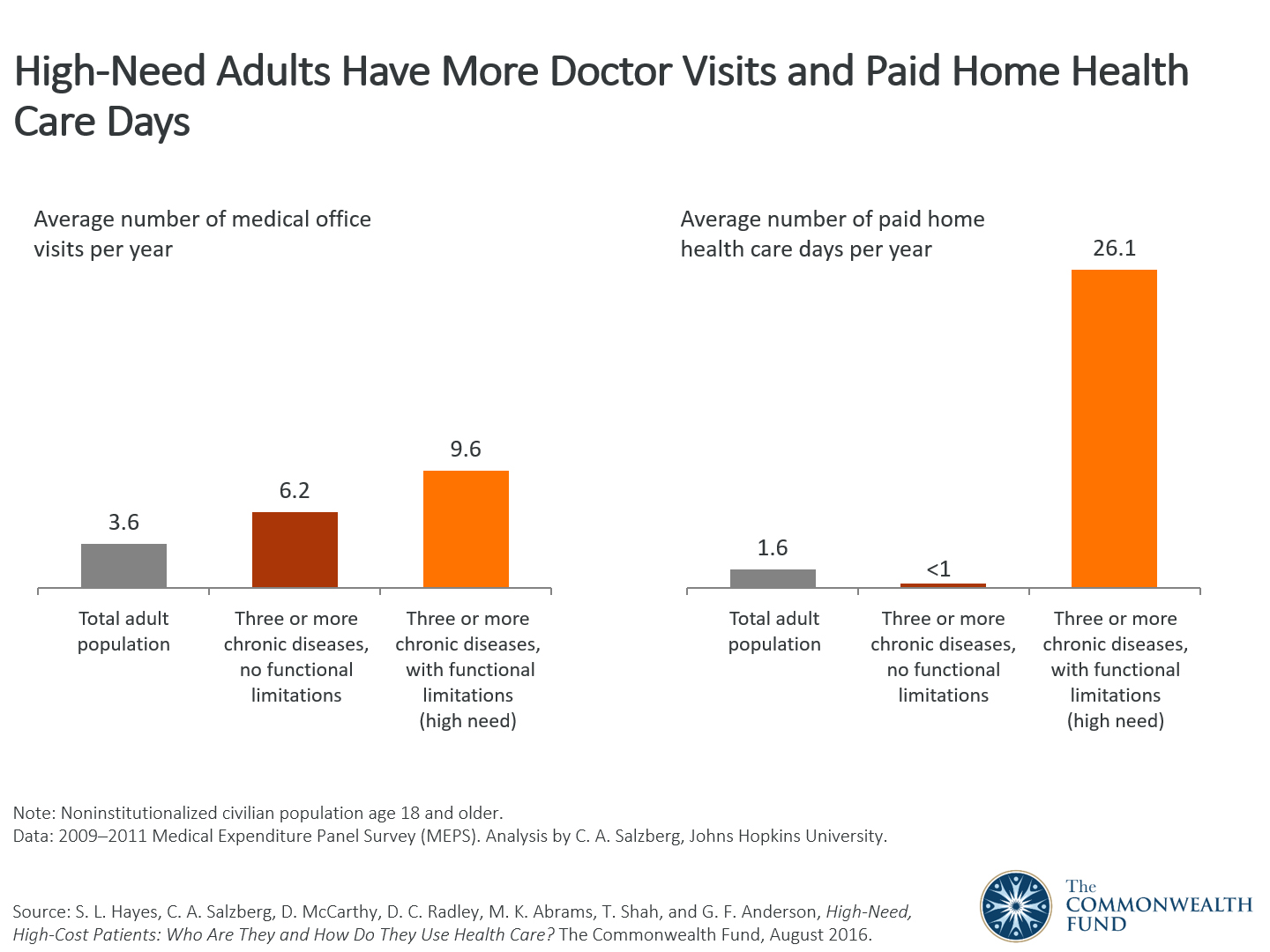Many Canadian provinces likewise have laws that actively prevent or straight-out prohibit personal insurance coverage strategies from covering any of the advantages consisted of in the government program. how did http://cesariaen426.tearosediner.net/the-10-minute-rule-for-what-is-required-in-the-florida-employee-health-care-access-act the patient protection and affordable care act increase access to health insurance?. The UK's National Health Service also fits the definition of single-payer, with the country using basic tax revenue to spend for all citizens' health care.
Canada, by contrast, contracts with personal providers. Taiwan's health care system works likewise. New Zealand, Norway, Denmark and Sweden also have national health services comparable to the United Kingdom, where the country owns the suppliers and is accountable for paying them. No. Universal protection refers to a system where all citizens have health protection.
Some universal-coverage nations have great deals of different payers. Japan and Germany, for example, require citizens to enroll in one of lots of completing medical insurance strategies (Japan has 3,500 insurance strategies; Germany has a more modest 300). Check out this site These are normally called "multi-payer" healthcare systems. There are great deals of resemblances in between single-payer and multi-payer nations like Germany and Japan. how to qualify for home health care.
However they're still various paths to getting a country's population guaranteed. If you wish to get health economic experts into a furious dispute, you need to inquire this concern. Some argue that Medicare, the federal program that covers all Americans over 65, counts as a single-payer system within the United States.
Not known Facts About What Does Cms Stand For In Health Care
Medicare has a few of the characteristics generally related to single-payer: lower administrative expenses and high rates of coverage amongst seniors. The Veteran's Administration and Medicaid are 2 other, federally-run insurance coverage plans that typically get referred to as single payer in mini. Other health economists, nevertheless, hate this analogy. They argue that Medicare doesn't count as single-payer since it's limited to a particular set of Americans, and not used to all people.
That stops it from working out (or just setting) prices as low as those discovered in "genuine" single-payer systems. It does, nevertheless, negotiate rates lower than private health insurers. To put it another method: If everybody in the United States were over 65, Medicare would be our single-payer system. But given that there are lots of under-65-year-olds here it's not a true single-payer system.
But then, compared to the United States, practically every health-care system looks economical. Single-payer systems tend to have lower administrative expenses than those with many personal insurer, where medical professionals and hospitals devote great deals of time to finding out who is supposed to pay them what amount. One $12011 research study in the journal Health Affairs approximated that American physicians invest four times as much cash interacting with health care payers than their Canadian counterparts.
Due to the fact that physicians and pharmaceutical business essentially have no option but to accept the terms laid out by the government, single-payer systems frequently feature much, much lower prices than systems. The United States, for instance, pays a lot more for the majority of health-care services than single-payer systems do. It deserves noting that numerous multi-payer systems, like Germany, attain comparable savings to single-payer systems by having the government set health care prices. why was it important for the institute of medicine (iom) to develop its six aims for health care?.
Little Known Facts About Which Of The Following Statements Is Not True About Costs In The U.s. Health Care System?.
Here's one graph from the Commonwealth Fund that looks at what percent of adults can get a same-day doctor's consultation when they're sick (the single-payer systems below are Canada and the United Kingdom; all the rest, except for the United States, also have universal coverage. Canada, a single-payer system, tends to have the longest wait times in this and other research studies; the problem has actually ended up being an increasing concern for legislators there.
For instance, in the UK, a single-payer nation, it's much easier to get a same-day appointment than in the United States. And multi-payer systems like Germany frequently have much lower wait times than the United States. Two choices: if you're actually interested in digging into your health care system, you can download a copy of T.R.
If you're looking for something lighter, may we recommend a musical break from Canadian super-star Robin Sparkles. There's nobody, unified case against publicly financed health care systems, however there are a couple of arguments that turn up regularly. One is that single-payer health care could stifle development by managing lower rates for healthcare companies and leaving them less area to try out brand-new treatments.
We pay more for nearly all medical treatments than openly funded systems do. According this theory, the money permits pharmaceutical business, gadget manufacturers, and other designers to explore brand-new, possibly cutting-edge experiments. In that view, the United States' higher healthcare expenses are supporting medical innovations that then proliferate around the world.
How How Many Jobs Are Available In Health Care can Save You Time, Stress, and Money.
This has actually been a problem in Canada specifically, where many provinces havedisallowed private plans that cover medical services in the federal program. The Canadian Supreme Court struck down this kind of law in Quebec, pointing out long haul times in the general public system as a reason that private strategies ought to be able to take on the federal government.
Those dollars get divided up in such a way that, in all worldwide examples offered, doesn't cover all the medical services that everybody desires. In single-payer systems, the government sets Click here! specifications for what services it will and won't cover. Countries often do this by looking at which treatments are "cost-effective" health-care-speak for which medical interventions deliver good outcomes at a lower rate.

In Britain, for instance, a firm called the National Institute for Health Care Quality is in charge of assessing what treatments it will spend for and in which circumstances. Britain will limit particular treatments to certain types of clients, based upon where research study shows them to be most effective, which can typically touch off fierce debates.
That suggests these people never ever get access to health-care treatments despite whether it might help. These people are efficiently waiting permanently, which won't appear on surveys about wait times. Single-payer countries tend to get more beneficial scores than the American health-care system. Here's a graph from the Commonwealth Fund's International Health Policy Research study, which reveals the percent of each nation's homeowners who believe the health system "works well" with "small changes needed." Canada, Sweden, and the UK all have greater complete satisfaction rates with their health-care systems than the United States, with many more people who think the system works well.
Why Should Rising Health Care Costs Be Controlled? for Dummies
More of the latter: a single-payer system does not look most likely in the United States anytime soon. During the battle over Obamacare, even the general public choice a single health plan run by the federal government that would deal with personal competitors showed politically untenable in Congress. Seeing the unfavorable political landscape, some states have actually checked out the choice of constructing their own single-payer systems by themselves.
